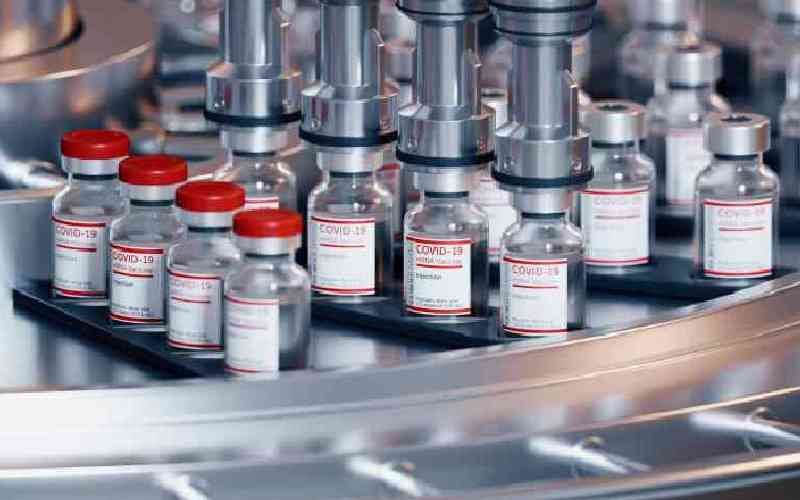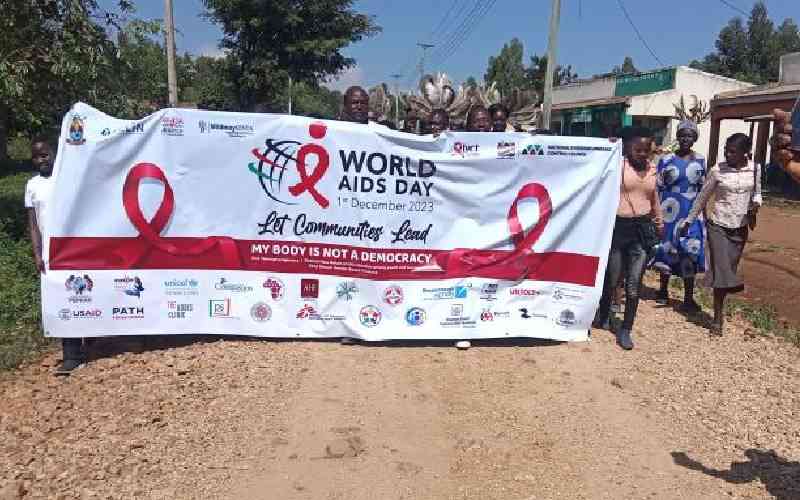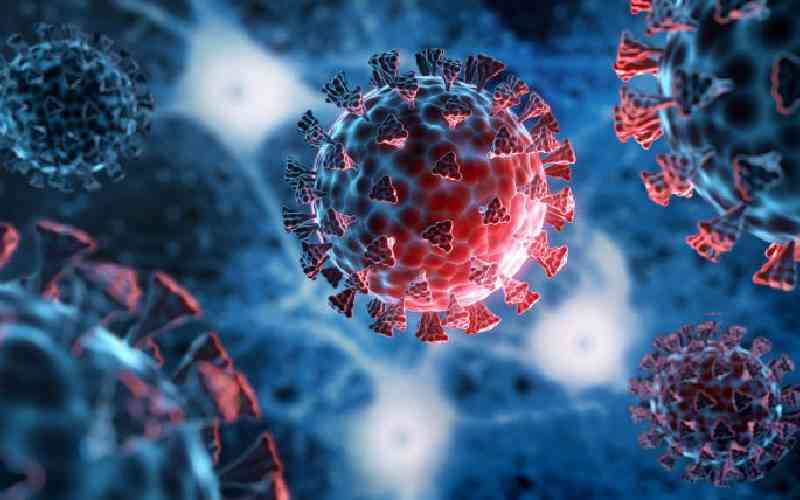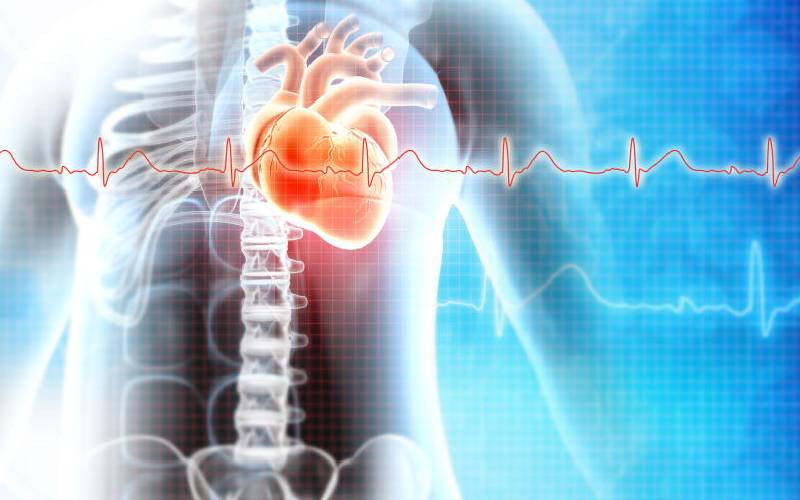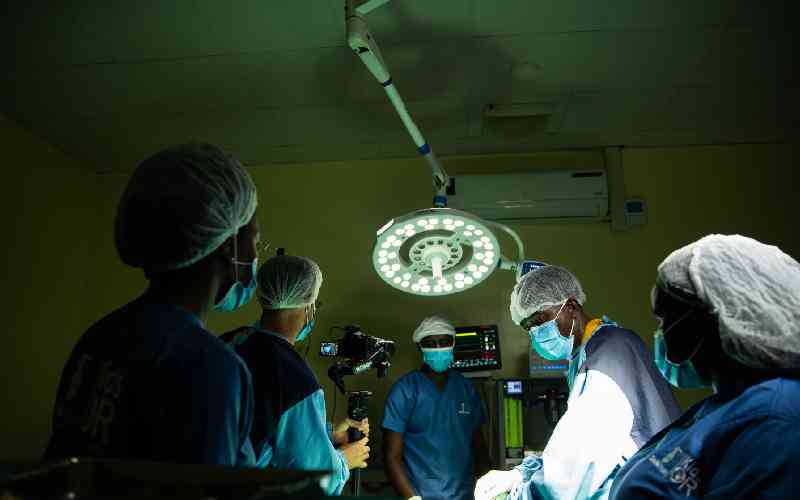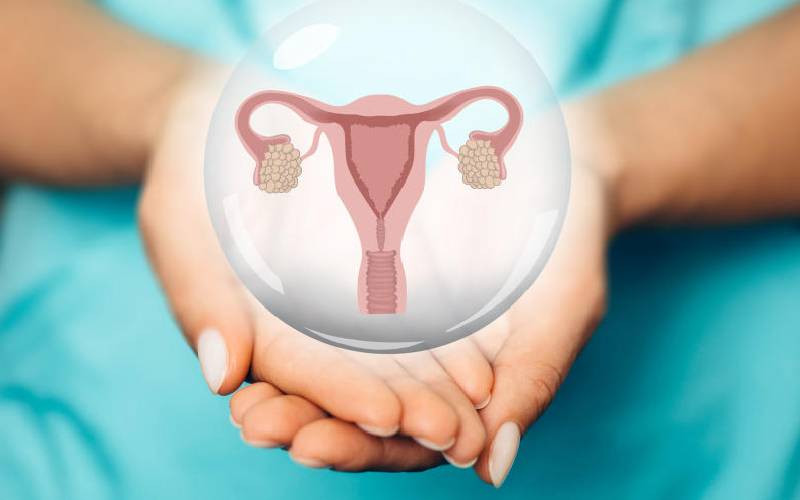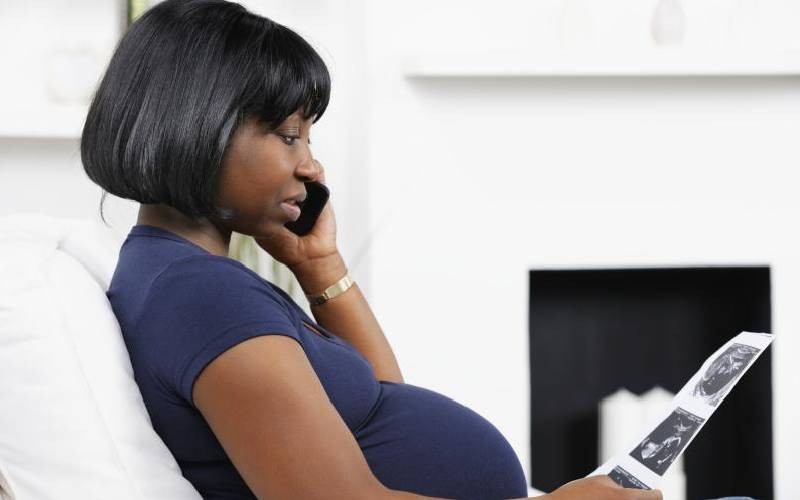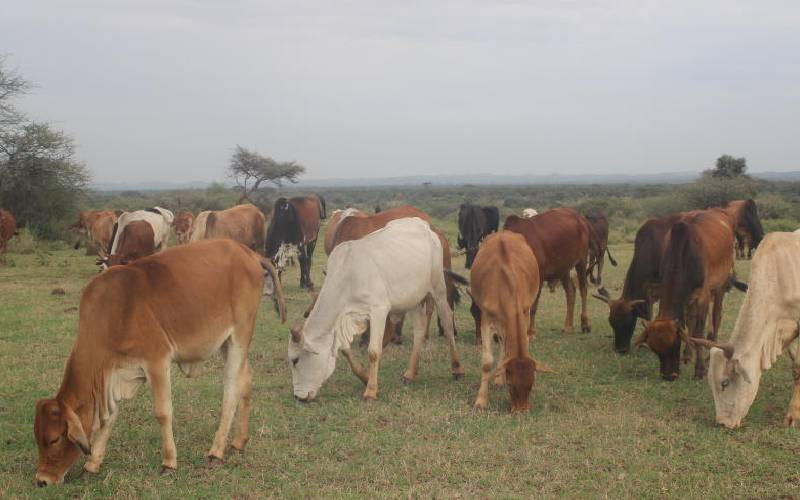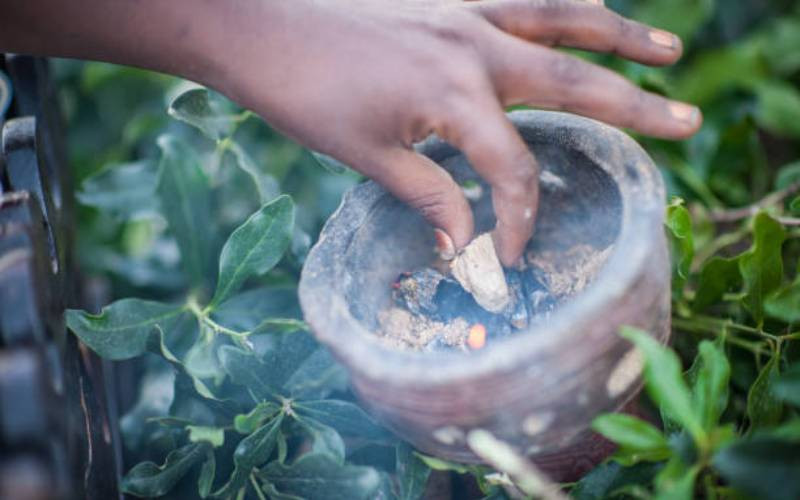
When 10-year-old Duncan woke up with itchiness and acute pain in his right eye in June last year, his grandmother, Rose Auma, crushed some herbs and put the mixture in his eye, hoping the symptoms would go away.
Instead, the eye bulged and the boy lost his vision in that eye.
A worried Auma, from Ndhiwa village in Homa Bay County, took Duncan to Homa Bay hospital for tests, and later a private facility where he was diagnosed with retinoblastoma (cancer of the eye), at Stage 3.
Duncan was referred to Moi Teaching and Referral Hospital (MTRH), where he is being treated.
"I never imagined my grandson had cancer. When I plucked the leaves for his treatment, I was hoping his eye would heal, not get worse," she says.
"My grandson was in deep pain during admission. He could not see. I am so grateful that the pain has eased and the eye is back in the socket," says the grandmother.
Eric Ototo regrets that his four-year-old son was given herbal medicine after he complained of a stomach upset.
At one and a half years, he was taken to Kisii Teaching and Referral Hospital where a biopsy was done. It revealed he had cancer of the kidney, which was at Stage Two.
- Journey to Surviving Cervical Cancer
- Survivor opens safe house for minors undergoing cancer treatment
- Why women aren't lining up for life-saving screening, vaccine
- Teachers at the forefront of getting girls vaccinated against deadly virus
Keep Reading
Even after diagnosis, Ototo's mother wanted her grandson put on herbal medicine.
"My mother is a traditional herbalist. Despite him being under medical care, she claims herbal medicine manages cancer better," says Ototo.
The two cases of parents opting for herbal medicine in the treatment of cancer are not in isolation. Doctors have raised concern over the uptake of herbal medicine that interrupts the diagnosis and treatment of cancer.
Dr Festus Njuguna, a paediatric oncologist at the MTRH says herbal medicine delays patients from getting care and some of them have negative side effects.
Dr Njuguna says there are many beliefs associated with herbal medicine, where herbalists give patients 'false hope', of healing, only for them to present in hospitals when cancers are at an advanced stage.
At times, when in the hospital, patients improve and when they are discharged, their families take them to herbalists instead of bringing them back for review.
"It is worrying that many parents are informed that herbal medicine works better, and heals faster. They only report to the hospital when the herbal drugs don't work, or when the patient is too sick, or the disease is too advanced and cannot be cured," Dr Njuguna says.
Herbal medicine and herbalists are also easily available to patients. There are few hospitals that provide cancer screening and treatment.
A report by the National Cancer Institute (NCI) titled Status of Cancer in Kenya Report released early this month noted that availability for screening services by any screening method is highest among Level 5 and 6 facilities, at 83 per cent, compared to 61 per cent among Level 4, 51 per cent at Level 3 and 38 per cent at Level 2.
"People will seek services which are easily available. For example, in the remote villages, we do not have hospitals and specialists, the reason people run to herbalists," Dr Njuguna says.
Auma admits, "We have grown using herbal medicine. Whenever anyone is well for example has stomach upset, the first thing is to try herbs, before heading to the hospital, for tests and treatment."
The cost of cancer treatment is another reason people go for herbal medicine against conventional medicine.
The Standard established that herbalists charge between Sh2,000 to Sh10,000 for a single patient, unlike hospital bills that run into millions, depending on the type of treatment.
Dr Njuguna explains that apart from delaying treatment, herbal medicine harms other body organs, causing complications such as cause kidney and liver failure.
"The components of herbal medicine are not well known, and dosages are not well-defined, so it is not recommended. Patients should be put on medicine that is known, and research done on them," he advises.
MTRH reviews about 300 new patients annually, a number Njuguna observes is two times less than what is at the community level.
"We know that we have many children with cancer who are dying before being diagnosed," observes Dr Njuguna.
The NCI report reveals that childhood cancer ranks ninth as a leading cause of childhood diseases at the global level, accounting for 11.5 million cases.
The proportion of childhood cancers (0 to 18) relative to cancers in all age groups was found to account for 2 per cent of the total cancer cases.
There were slightly more childhood cancers reported among females (53 per cent) than males (47 per cent).
Among signs parents should observe in their children for early diagnosis include unusual bleeding from the nose or the gums, loss of weight which is significant over a period of several months, tiredness, paleness, swellings in some parts of the body like the abdomen, and the neck, headache with excessive vomiting, and swelling in the legs and hands.
Excessive bleeding is likely associated with brain tumours, whereas swelling in the legs and hands may be a tumour of the bones or muscles.
He adds, "Parents should be on the lookout for a child who keeps on having high temperature, keeps losing weight, and is not responding to treatment. They need to go to the hospital. We have most of the resources required for treatment."
 The Standard Group Plc is a multi-media organization with investments in media platforms spanning newspaper print
operations, television, radio broadcasting, digital and online services. The Standard Group is recognized as a
leading multi-media house in Kenya with a key influence in matters of national and international interest.
The Standard Group Plc is a multi-media organization with investments in media platforms spanning newspaper print
operations, television, radio broadcasting, digital and online services. The Standard Group is recognized as a
leading multi-media house in Kenya with a key influence in matters of national and international interest.

